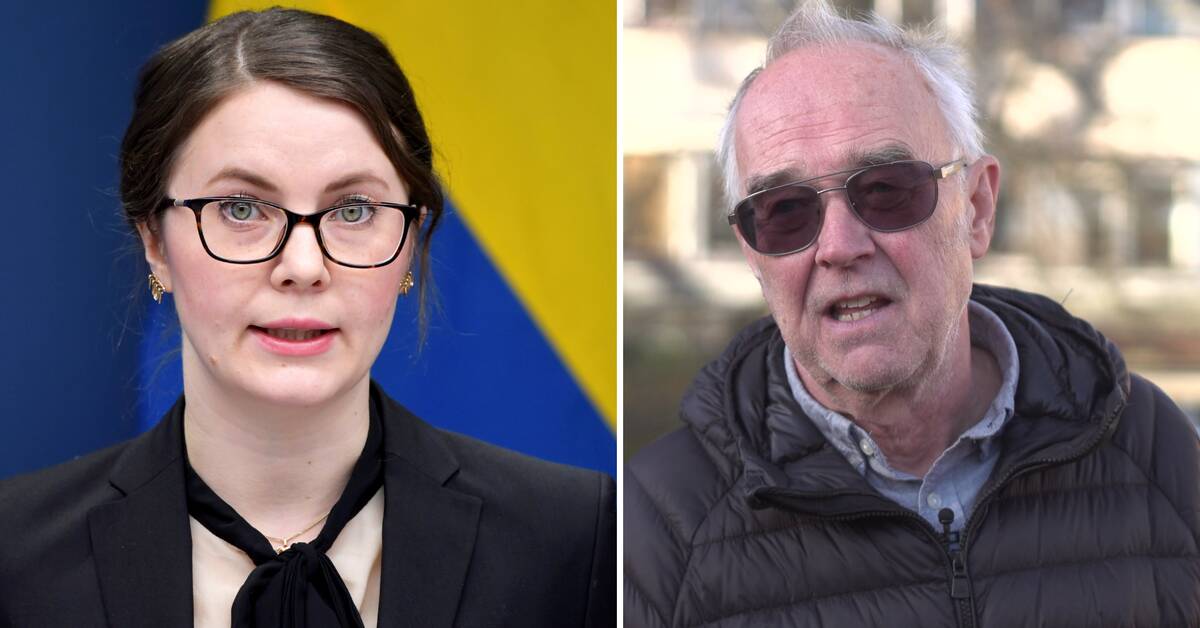According to the bill, foreign espionage becomes a crime of freedom of press and expression.
The purpose is to strengthen the protection of secret information within international collaborations, for example with the UN or NATO.
This means that it becomes punishable, among other things, to disclose information that "could harm Sweden's relationship with another state or an international organization".
Since the first investigation in 2016, the proposal has received extensive criticism.
And at the same time that KU now stands behind the change in the law, ten representatives of the media industry believe that the change will have major consequences for journalists' scrutiny of Sweden's international collaborations.
Equipped with "valve"
Mikael Ruotsi, lecturer in constitutional law at Uppsala University, has worked on preparing the bill in the Riksdag.
He says to DN that it is unlikely that journalists and publicists will be accused of foreign espionage and emphasizes that already existing regulations regarding the disclosure of secret information rarely affect the media.
He adds, however, that he can understand the publicists' concern as it is difficult to know exactly what consequences the change in the law will have.
But in order to protect certain publications, the proposal has been provided with a "valve" which states that one will not be punished if the act is judged to be "justifiable".
- It is not in the usual espionage law, so in that sense this proposal is more generous, says Mikael Ruotsi.
"Limits freedom of expression"
Press freedom expert Nils Funcke believes, however, that the Riksdag does not state enough reasons for such a change in the law.
According to him, the bill also limits freedom of expression and freedom of communication.
- Above all, this affects the inclination and safety of people who discover wrongdoing or something that should come up and out in the public, he tells Kulturnyheterna.
He thinks it is good that the "valve" exists, but that it is vague as it is up to the courts to decide what is "justifiable".
- The fact that such a provision needs to be inserted at all shows that the entire legislation does not belong in the Swedish constitution.
Ida Karkiainen (S), president of KU, defends the decision to stand behind the bill and points out that it is not aimed at journalistic activity.
- That is what the government tried to come up with when it comes to the justifiable intent.
To really be clear that journalistic and investigative activities must be possible and must be allowed to exist and have protection, she tells TT.
The Riksdag is to take a position on the change in the law on 16 November.

